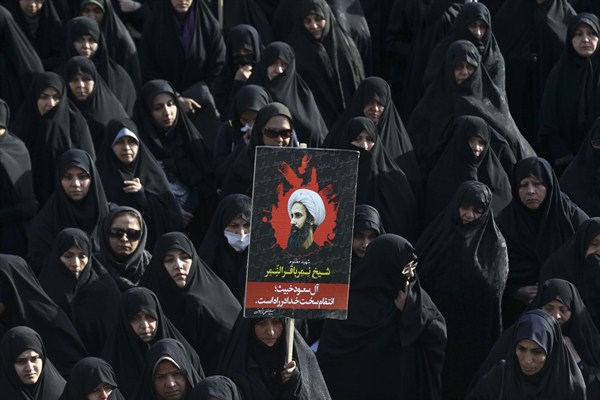The shocking news that Saudi Arabia executed 47 people over the weekend, including Shiite cleric and opposition figure Sheikh Nimr al-Nimr, got the new year off to a tense start in the Persian Gulf and the Middle East. The executions have already caused a worsening of Saudi-Iran relations and foreshadow heightened sectarian-driven tensions across the region. But there are other consequences as well.
Forty-seven convicted criminals, most of them charged with terrorism by a special court created in 2008, were executed by beheading and firing squad on Jan. 2 in multiple locations in the kingdom. Most were Sunni radicals, affiliated with al-Qaida and committed to overthrowing the Saudi regime and freeing the region of the Saudis’ Western security partners. They were convicted of crimes dating back a decade or more, including attacks on American and other Western facilities.
But that was lost in the spontaneous outrage in the Shiite world over the fact that four of the executed prisoners were Shiite. Most prominent among them was Nimr, a critic of the regime who was arrested in 2012 and charged with sedition and terrorism for his activism in the kingdom’s eastern provinces, where Saudi Arabia’s Shiite minority principally resides.

